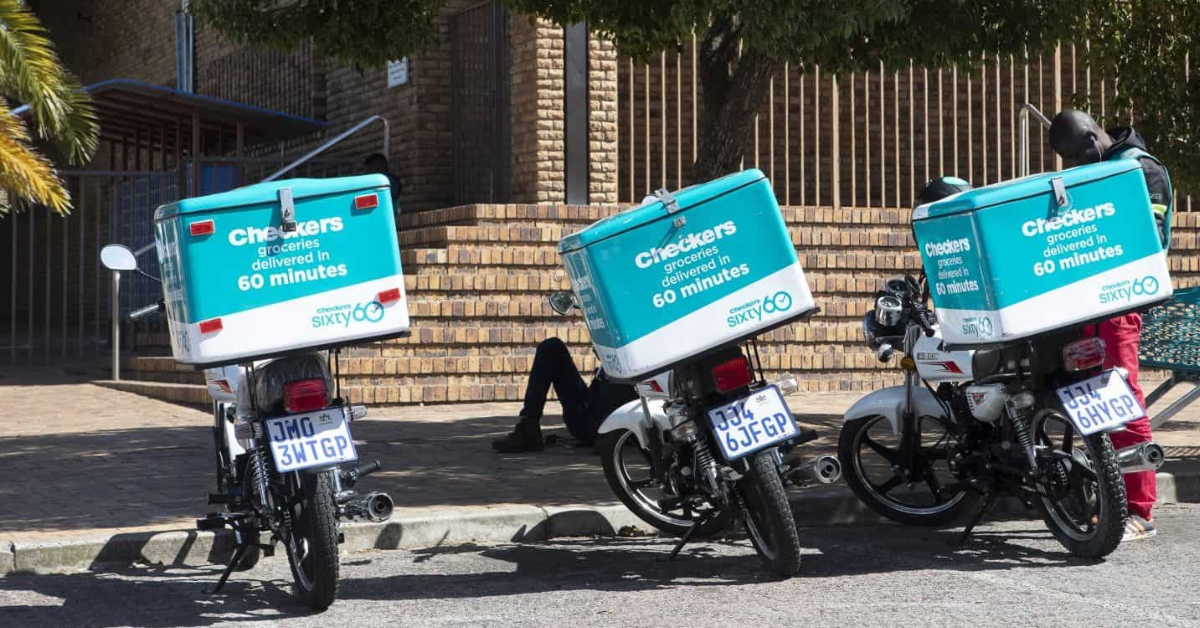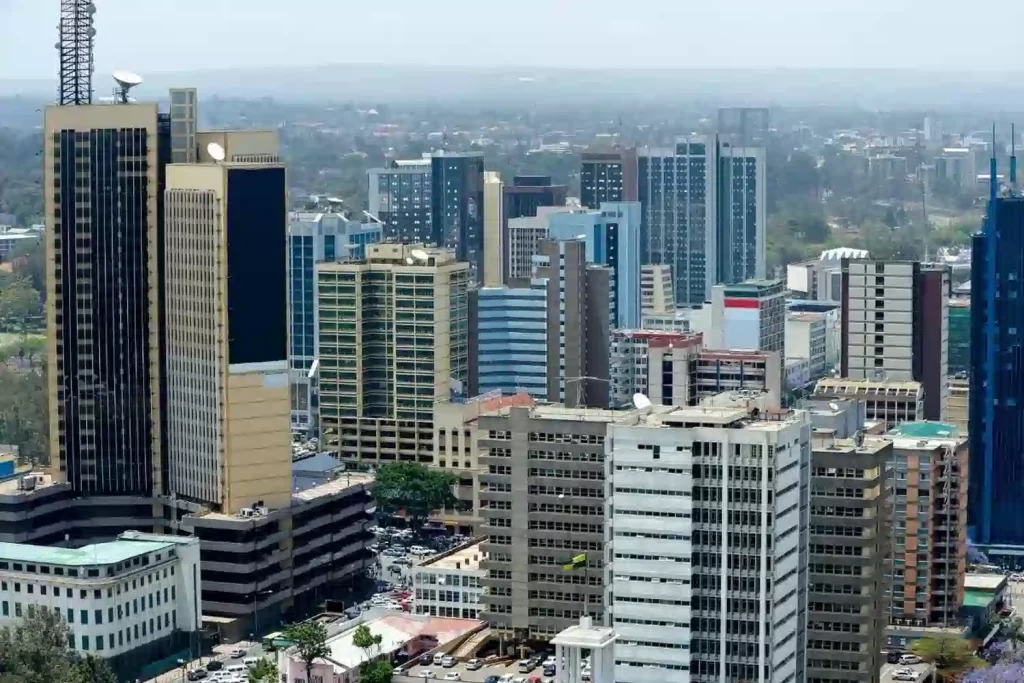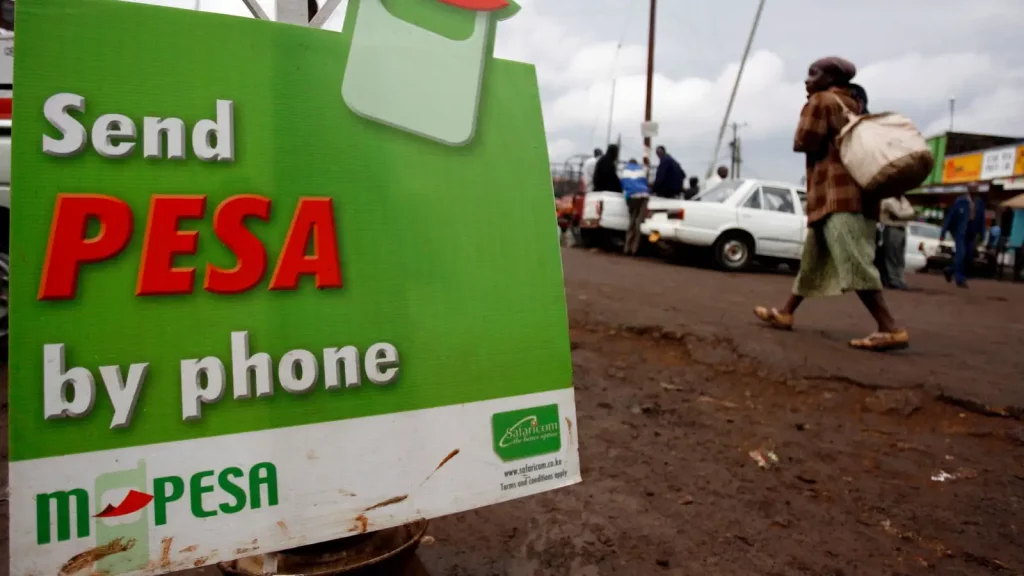At least five e-commerce startups in Botswana have closed since 2023, with founders citing fractured payments as the leading cause of the shutdowns.
Artify Botswana, an online marketplace for visual art, closed shop in early 2024, citing an inability to meet its overhead costs. Artify Botswana found that buyers would visit the site but complete the transaction offline. Because the platform had a commission model, it missed significant revenue due to the offline transactions.
“We implemented secure payment systems and verified seller features on the artist profiles to enhance trust,” said co-founder Nonofo Thamage. “[But] the heavy reliance on traditional payment methods such as cash-on-delivery continue to hinder the scalability of e-commerce in Botswana.”
According to data from the 2023 Botswana Economy Society report, e-commerce generates over 89% of digital revenues in Botswana.
However, e-commerce penetration in the country is still very low, with UN Trade and Development putting it at 5%. South Africa, in comparison, has a penetration rate of 49%. The low uptake of e-commerce and the aforementioned logistics and payment challenges have made it difficult for e-commerce startups to succeed.
For other startups like Vaisa, last-mile delivery logistics proved to be a headache. Botswana is a small country in terms of population but relatively big in terms of size. As economic activity is mainly focused in and around the capital city of Gaborone, e-commerce startups looking to service customers beyond Gaborone became stuck.
“The best way to handle logistics [in Botswana] is to have an in-house fleet because courier companies would be too expensive,” said Phumulani Makgetho, co-founder of Vaisa. “But having your fleet that can deliver nationwide is another challenge on its own.”
In 2021, the Botswana government, in partnership with the UN Trade and Development (UNCTAD), launched the National E-Commerce Strategy. However, three years later, the strategy has failed to bear fruit, and BW Reka, a national e-commerce marketplace launched as part of the strategy, is now defunct.
The Ministry of Investments, trade, and Industry did not immediately respond to a request for comments.
Addressing the challenges impeding the e-commerce sector in Botswana will require a combined effort from the private and public sectors.
“Developing warehousing, distribution, and last-mile delivery systems to reduce operational costs and improve customer experience would make e-commerce more appealing to both businesses and consumers,” said Tavonga Muchuchuti, founder of defunct startup BuyBDub.
There is also a need for policies and regulations akin to open banking in fintech, making it easier for e-commerce startups to build e-commerce solutions. According to founders, some of these policies can include government investment in payment infrastructure and logistics, streamlining customs procedures to support export-focused e-commerce platforms, and requiring stringent inventory management like standardized SKUs.
Collaboration would go a long way in turning e-commerce’s fortunes in Botswana. With only a population of 2.4 million, Botswana startups must consolidate efforts to address e-commerce challenges, said one founder who preferred anonymity to speak freely.
To address the logistics challenge, startups are partnering with local courier companies to move their goods. On the payments front, the government has announced that it is working to implement a national payments switch, which will pave the way for the building of local gateways.




















